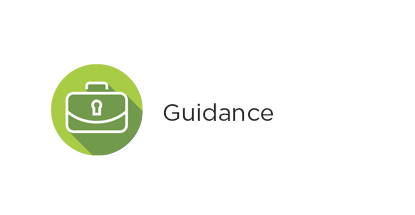
CPA practitioners may be provided with access to original client documents to complete engagement specific procedures. Practitioners are reminded that, while original client documentation may be shared by the client, the onus is on the CPA practitioner to ensure that any original documents are returned to the client.
It is considered best practice for a CPA practitioner to retain copies of documents rather than taking custody of originals. CPA practitioners are reminded that some standards require review of original documents. Once the document has been reviewed, if you need the document for your file documentation a copy should suffice in most situations. Retaining original client documents may create the possibility of the original getting misplaced, lost, or stolen, which may expose the CPA practitioners to legal implications. Furthermore, Rule 212.2 of the CPABC Code of Professional Conduct notes that “A registrant, in the course of providing professional services, shall handle with due care any entrusted property”, which includes original documents.
It is common for CPABC to be approached by clients, or ex-clients, that are struggling to recover their original documents from CPA practitioners. CPA practitioners are reminded to always return any original client information that they took custody of at the end of the engagement. As noted above, if you need a document for file documentation a copy should suffice in most situations. In line with Rule 201 of the CPABC Code of Professional Conduct, CPA practitioners must “maintain the good reputation of the profession and serve the public interest”. Retaining original client documents can place an unnecessary burden on the ability of the successor accountant to commence with their engagement. Per Rule 302, acceptance of an engagement should not be unduly delayed due to predecessor communication, or Rule 303, “a registrant shall, upon written request of the client and on a timely basis, supply reasonable and necessary client information”. Having to obtain client documents from the predecessor accountant may result in untimely continuation of service to your clients, or ex-clients. Not retaining original client documents will prevent such questions and delays in services.
It is also important for CPA practitioners to ensure that client documents are always managed with utmost care. Rule 218, under Guidance 4, discusses the importance of segregating proprietary information from client information, in the event of a client engaging another service provider, litigation, or in the case where the CPA practitioner becomes incapacitated and the assisting accountant, the executor, or a family member is asked to uncover such documents.
Further Questions?
Should you have further questions about the above please write our Member Advisory Services team at professionaladvisory@bccpa.ca for additional guidance.
Rate this Entry
Current rating: 0 yes votes, 0 no votes

